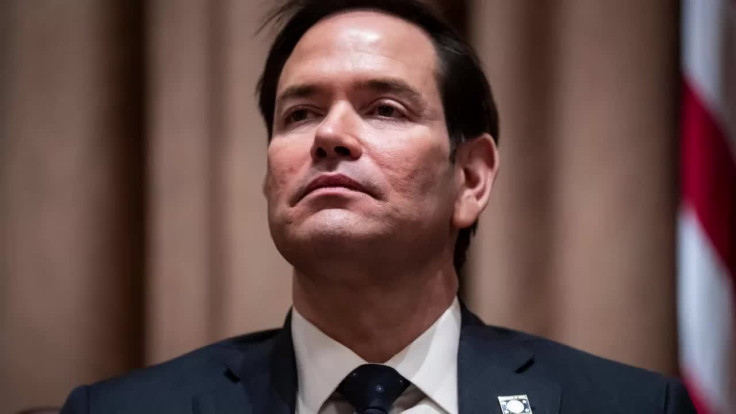
U.S. State Department employees were recently issued a new internal "style guide" banning the term used to describe threats posed by white supremacist groups.
The directive limits the use of the term "racially or ethnically motivated violent extremism" (REMVE), which was adopted by the agency in place of "far-right," which was previously excluded to avoid political language. According to officials, no alternative label for white supremacist violence has been provided, The Guardian reported.
While terminology shifts are not uncommon across administrations, experts and insiders warn that abandoning focus on far-right threats could create a vulnerability in intelligence. The 2024 National Intelligence Threat Assessment listed REMVE among global terrorism threats, and the FBI warned in 2021 that the threat of domestic extremism was equal to that of Islamic militants.
Despite existing concerns, the revised style guide follows broader rollback of efforts specifically targeting domestic and international white supremacist terrorism.
In recent months, the Trump administration has slashed personnel and offices focused on far-right extremism as part of Department of Government Efficiency (DOGE) initiatives to cut spending and eliminate waste in government agencies. Additionally, Secretary of State Marco Rubio recently proposed budget cuts that would eliminate over 700 positions, including key staff in the Office for Countering Violent Extremism (CVE), which has been tracking white supremacist activity since 2019.
"If you're dismantling the offices that deal with those threats, you're dismantling the administration's ability to deal with the far right," said William Braniff, former Department of Homeland Security official and current head of American University's PERIL Lab.
Jason Blazakis, former director of the counter-terrorism finance and designations office at the Bureau of Counterterrorism, suspects the policy reflects efforts to focus on "threats that are seen as political winners in the MAGA movement."
"What we are doing right now is preparing the new U.S. counter-terrorism strategy, refocusing on the real cause of jihadism, which is the ideology of jihad," Sebastian Gorka, the senior director for counter-terrorism at the National Security Council, recently stated.
Critics argue this reorientation ignores growing global threats from the white supremacist movement.
© 2025 Latin Times. All rights reserved. Do not reproduce without permission.





